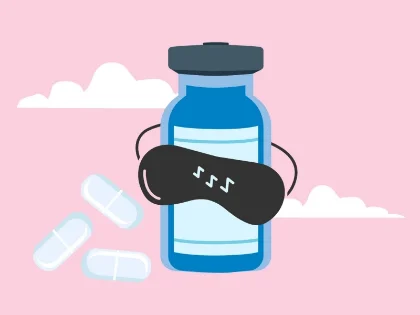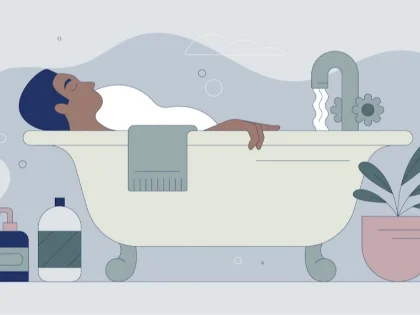Is Taking Melatonin Safe Every Day?
A naturally occurring hormone called melatonin aids in controlling your circadian cycle. It is non-prescription and available over-the-counter as a dietary supplement.
Before use, like with other dietary supplements, it's crucial to review the drug's potential side effects. Melatonin, for instance, may have interactions with certain drugs.
It’s safe for most people
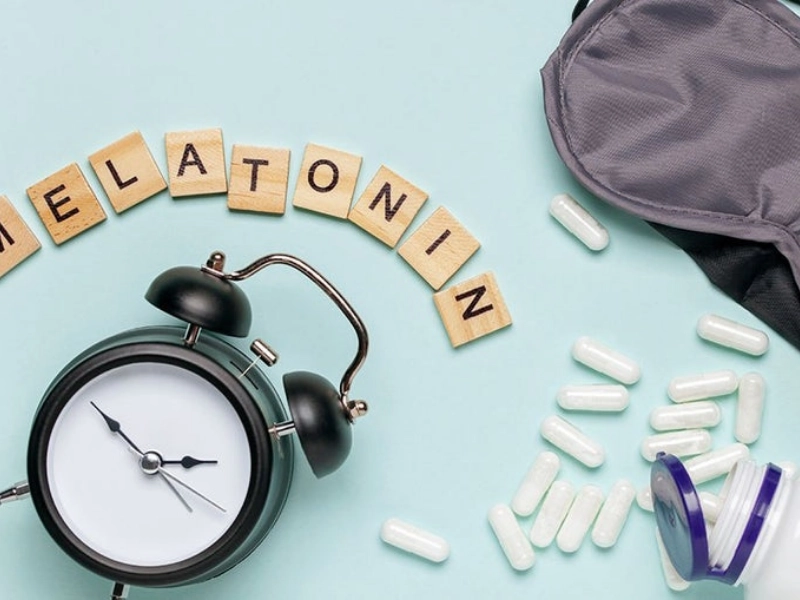
Long-term use, however, has not been shown to be safe. Experts advise attempting more tried-and-true treatments for chronic insomnia, such as prescription medicine, cognitive behavioral therapy, and sleep diaries.
For those who struggle to fall asleep and shift workers, melatonin can also be helpful. Additionally, it can benefit those with delayed sleep phase syndrome (DSPS), a disorder that makes them wake up earlier and go to sleep later than normal people.
Since melatonin is regarded as a dietary supplement rather than a medication, the FDA does not strictly regulate it. The quantity and quality of melatonin in supplements can therefore differ greatly. For instance, a recent study discovered that in certain melatonin products, the real amount of melatonin is 478% higher than what is stated on the label.
It’s not safe for pregnant or breastfeeding women
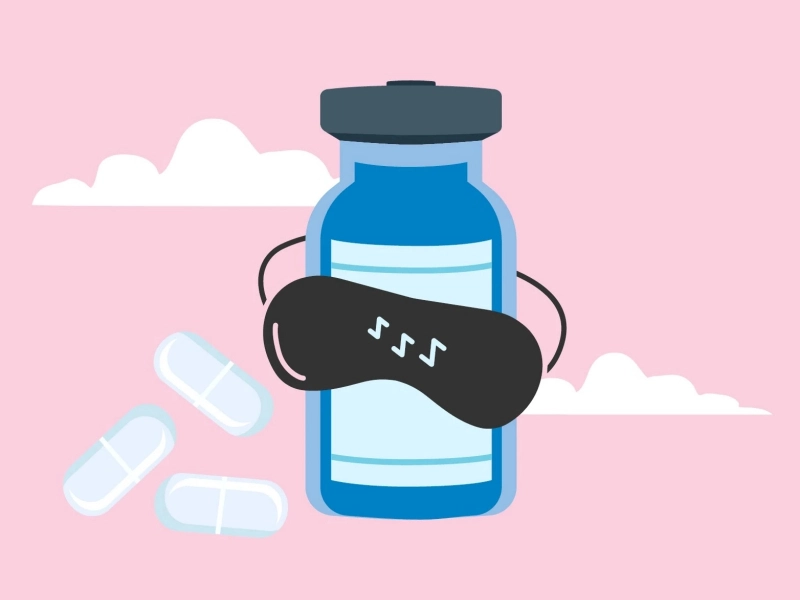
Additionally, melatonin shouldn't be taken if you have a history of depression or a seizure disease. It can increase blood sugar levels in those with diabetes or high blood pressure, and it can interact with some antidepressants.
Your circadian rhythm, which is your internal 24-hour clock that determines when to go to sleep and get up, is regulated in part by the hormone melatonin. Although the pineal gland produces it in the brain, it can be purchased over-the-counter as a supplement to aid with sleep issues.
If you're having trouble sleeping, consider setting a regular bedtime and engaging in relaxation exercises. For instance, a lot of people discover that their sleep is better when they use blackout curtains to create a dark environment and avoid using electronics before bed because they emit blue light.
It’s not safe for children
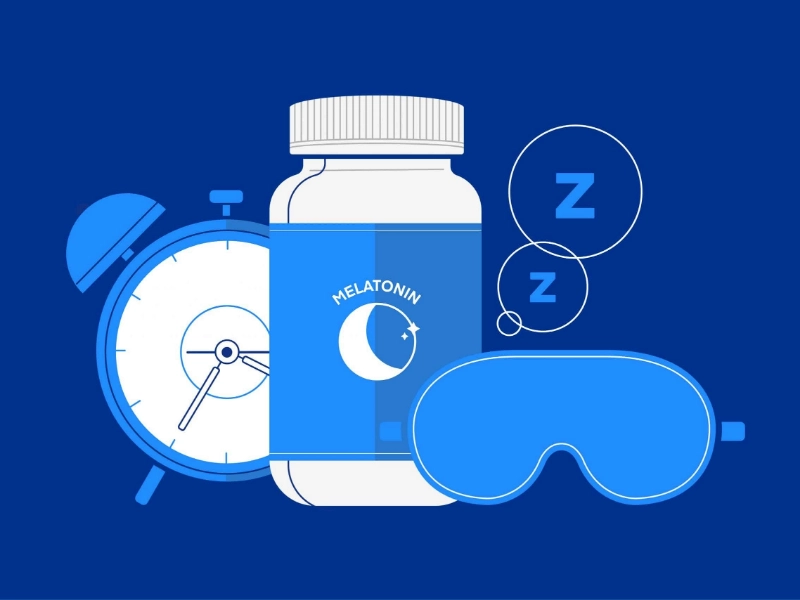
Melatonin consumption may result in headaches, increased nighttime urination, and tiredness throughout the day. Additionally, it may interfere with some drugs, such as blood thinners. Melatonin should not be given to youngsters without first consulting their doctor.
The director of the Northeast Medical Group Sleep Center, Dr. Stasia Wieber, stated that she rarely advises her patients to take melatonin. Rather, she applies it to particular ailments like shift work, sleep difficulties, and jet lag. In these situations, children and adults who need to swiftly reset their circadian cycles may find melatonin to be beneficial. It can also be beneficial for children who struggle to fall asleep at night because they are "night owls" or have disrupted sleep patterns (DSP). However, it's not a long-term fix; therefore, it's crucial to concentrate on healthy sleeping practices.
It’s not safe for shift workers
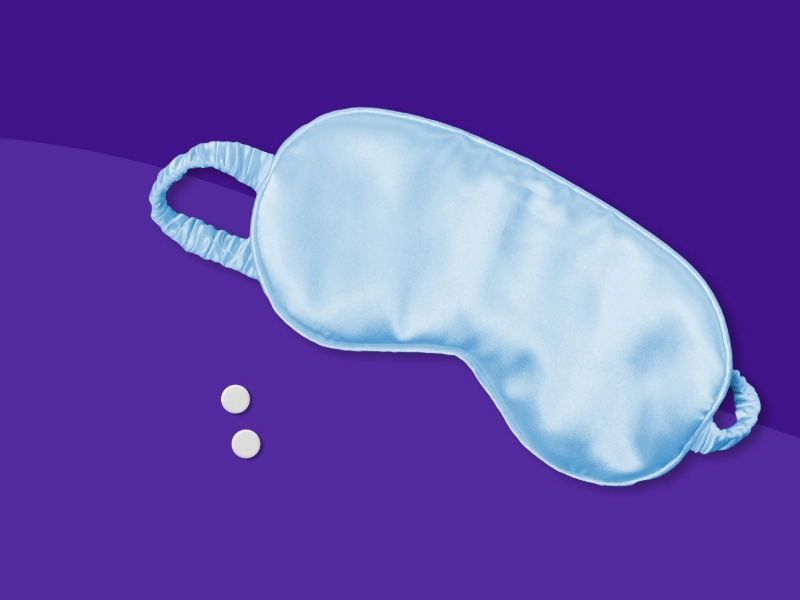
Moreover, it may result in a "hectic" rebound effect, which is what happens when someone who hasn't gotten enough sleep suddenly gets a lot of REM (dream) sleep. Together with headaches, this can cause agitation, worry, and sadness.
Further research is required, although melatonin has been discovered to help reset the circadian rhythm, which can help with shift work problems and jet lag. It's crucial to discuss melatonin dosage and timing with your doctor in order to minimize adverse effects and any prescription interactions.
When taken in moderation, melatonin is thought to be non-addictive, but it's vital to remember that some people do develop a melatonin dependence and find it more difficult to go to sleep without it. Before beginning to take melatonin, or any other sleep aid for that matter, it is best to speak with your doctor.







